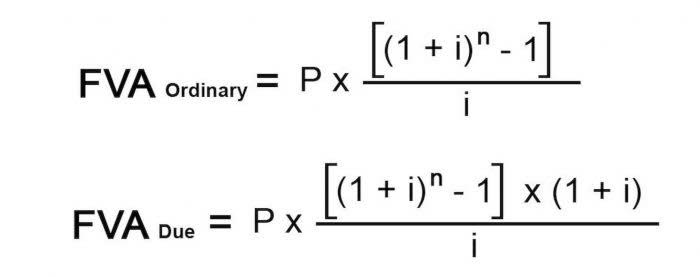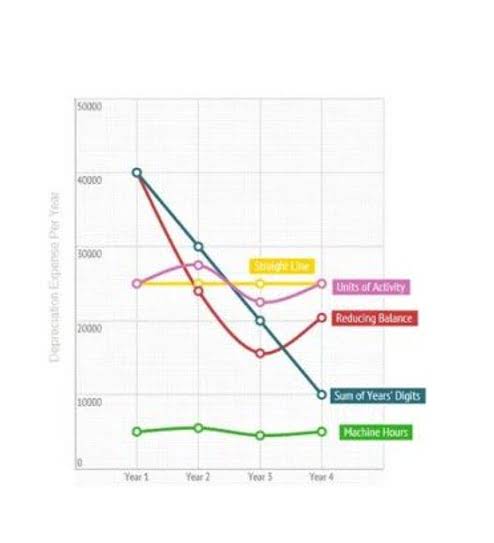The right tool Bookstime should align with your business size, industry, and specific needs while offering scalability for future growth. Setting reorder points (ROP) is a proactive approach to inventory management. A reorder point is the stock level at which you should automatically replenish an item. To calculate ROP, consider factors like lead time (how long it takes to receive an order) and average daily sales. It’s not just about counting items; it’s about understanding what you have, what you need, and what you should order.
What Is Small Business Inventory Management?
Implementing techniques like ABC analysis can help focus on stocking the right quantities of high-priority items. Periodic inventory systems involve counting and updating stock at regular intervals, such as weekly, monthly, or quarterly. Instead, stock levels are manually recorded during these scheduled audits. To cater to the banking needs of your organization, you can use software solutions for digitizing all your processes.
- Your insurance company may require you to keep records for longer periods in case of a claim, and some creditors may require you to keep loan documents indefinitely.
- Order processing is basically the process of placing orders with suppliers, getting a quotation, GRN/Delivery challan, and also the processing of invoices, payments, and receipts.
- It is easy to forget how and where cash was spent without the proper documentation.
- It’s a crucial step that helps you to monitor the growth of your business, build financial statements, keep track of deductible expenses, prepare tax returns, etc.
- Unfortunately, no single, steadfast retention rule applies to all kinds of records, meaning you need to categorize your files and create a document retention policy (DRP).
Ways Holding Inventory Can Benefit Your Business
This applies to all businesses, whether they have a couple dozen employees or just a few. Keeping good records is an important part of running a successful business. Any business owner knows that keeping financial records and receipts is one of the most important and cumbersome tasks of running a company. Invest in reliable accounting software to automate record-keeping and streamline financial management. Software solutions like Xero, and Sage can simplify invoicing, expense tracking, and financial reporting. Perpetual inventory systems are a modern and efficient approach to managing stock.
Company
Accounting software isn’t the only method you can use cash flow to account for transactions. But when it comes to simple recordkeeping for small business, accounting software can make a big difference. A financial statement is a collection of your company’s financial information during a period (e.g., month, quarter). At Kinore, we are dedicated to helping small businesses improve their record-keeping practices and achieve financial stability.
You might have to submit a list all of the people who were there with you when the expense occurred, and what you talked about (really—the IRS wants to know if you talked shop). Learn more about Bench, our mission, and the dedicated team behind your financial success. Tom is a Fellow Chartered Certified Accountant (FCCA) and Chartered Tax Advisor (CTA) and is the Head of Accounting at Kinore. Areas of expertise include Accounting, Compliance, Taxation relating to small business and company directors.
Taking care of business: recordkeeping for small businesses
It helps protect both the rights of your employees and the interests of your business. Remember, timely and accurate sales and inventory records are vital to running a successful small business. Regularly reviewing and analyzing this data allows you to optimize your sales performance, manage your inventory effectively, and ensure customer satisfaction.
- If you don’t report more than 25% of your gross income, you must keep records for six years.
- Review all guidelines carefully and come up with a plan that’s easy to implement and stick with.
- In addition, maintaining organized records helps you comply with legal obligations and tax regulations, reducing the risk of penalties or audits.
- Organise all of your supporting documentation and returns by the year.
- Maintain documents until you’ve confirmed any requirements with your creditors and insurers.
- It’s best to maintain your records with the help of an experienced bookkeeper and electronic accounting software.
As an entrepreneur, you have embarked on an exciting journey filled with challenges and opportunities. One of the key aspects of running a successful small business is maintaining accurate and organized records. Effective record keeping is crucial for a variety of reasons, including financial management, compliance with legal and tax record keeping for small business requirements, and making informed business decisions.





